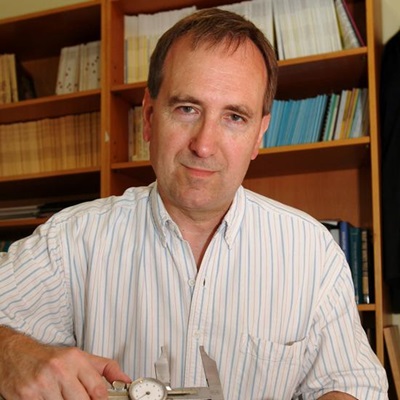Links to external sources may no longer work as intended. The content may not represent the latest thinking in this area or the Society’s current position on the topic.
The first 4 million years of human evolution
Organised by Professor Alan Walker FRS and Professor Christopher Stringer FRS
Spectacular discoveries of early members of the human lineage including nearly complete skeletons and dozens of other 6 to 2 million year old fossils have been made recently. Also new methods are now available to extract behavioral and life history information from such fossils.
This meeting brings together field and analytical researchers to develop a synthetic account.
The proceedings of this meeting have been published as a special issue of Philosophical Transactions B.
Audio recordings of the meeting are now available below.


